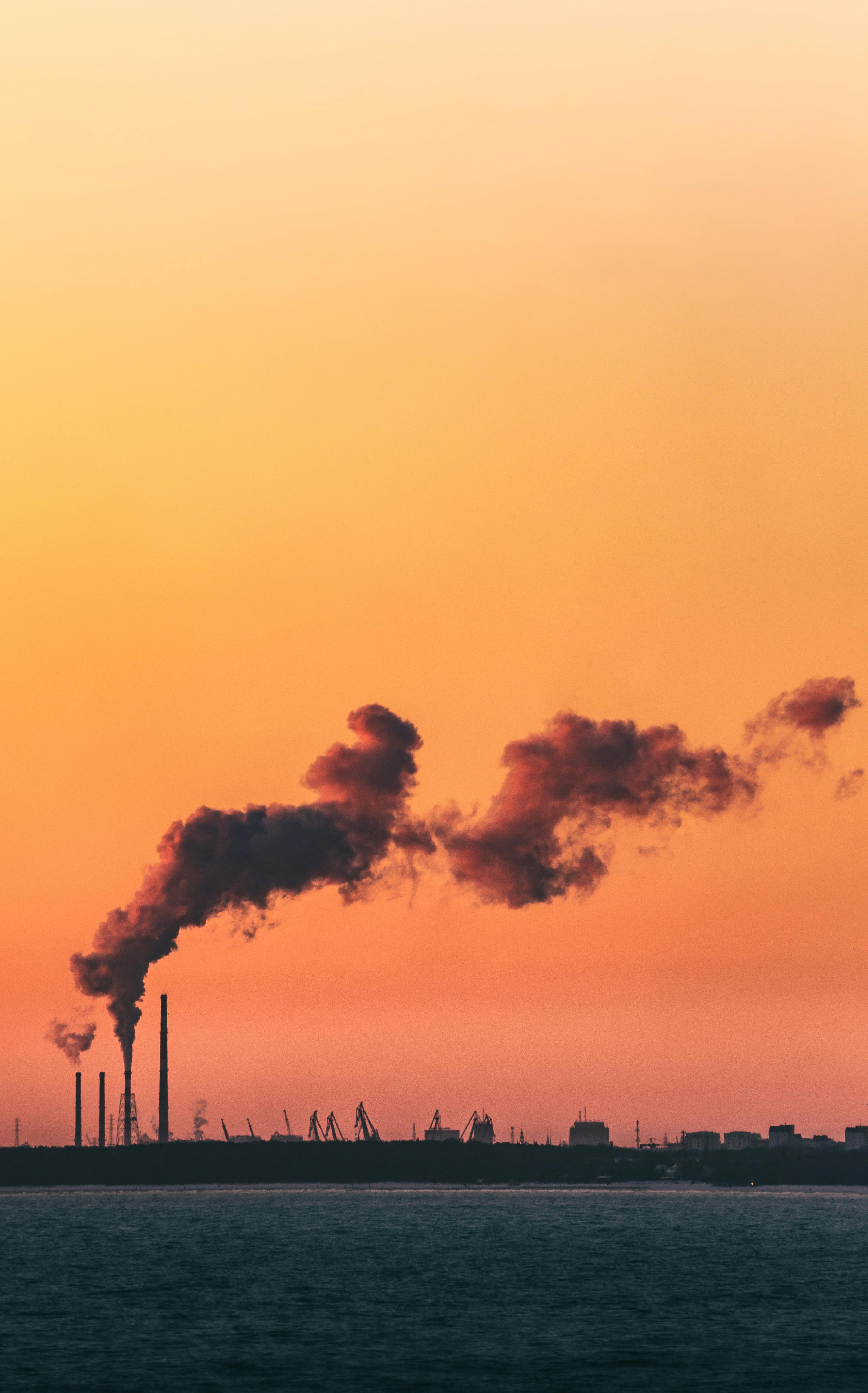Unmasking the Health Impacts of Air Pollution
Air pollution has been around as long as civilization itself. Historical records from ancient Rome suggest that even then, citizens were complaining about the smoky air that often filled the city. However, it wasn't until the Industrial Revolution in the 18th and 19th centuries that air pollution became a major public health concern. Today, despite advancements in technology and regulations to control emissions, air pollution remains a significant health risk that we must address.

Air pollution is not a problem exclusive to developing countries or industrial cities. It is a global issue, affecting both rural and urban areas. Over 90% of the world’s population lives in places where air quality levels exceed World Health Organization (WHO) limits. In recent years, the health impacts of air pollution have been a focus of numerous scientific studies. Let’s delve into the current trends, the expert-backed insights, and what you can do to mitigate these impacts.
The Health Implications of Poor Air Quality
Air pollution comprises various gases and particles, many of which can harm your health. These include particulate matter (PM), nitrogen dioxide (NO2), sulfur dioxide (SO2), and ozone (O3). Exposure to these pollutants can have both short-term and long-term health effects.
Short-term exposure can lead to respiratory symptoms like coughing, wheezing, and shortness of breath. It can also exacerbate existing conditions like asthma and COPD. In the long term, air pollution can lead to chronic diseases like heart disease and lung cancer. According to a 2021 Lancet study, it may even negatively impact mental health, leading to increased rates of depression and anxiety.
Protecting Yourself from Air Pollution
Given the potential health risks, it’s crucial to protect yourself from air pollution. While it’s not possible to avoid it entirely, there are steps you can take to minimize your exposure.
- Stay informed: Keep an eye on the air quality index (AQI) in your area. This can help you plan outdoor activities when the air quality is better.
- Clean indoor air: Use air purifiers or keep indoor plants that can help clean the air. Also, avoid using products that can release pollutants indoors, like certain cleaning products and candles.
- Exercise wisely: If you live in a city with poor air quality, try to exercise indoors or during times when pollution levels are lower.
- Diet: A balanced diet rich in antioxidants can help protect your body against the harmful effects of pollution.
Air Pollution and Climate Change: A Twin Challenge
Air pollution and climate change are two sides of the same coin. Many of the same emissions that contribute to air pollution also contribute to global warming. Tackling one can help address the other. However, it requires concerted action at all levels - individual, community, national, and global.
Addressing air pollution and climate change is not only about saving the planet but also about safeguarding our health. As we continue to burn fossil fuels and destroy natural habitats, we are not just altering the earth’s climate – we are also filling our air with pollutants that can harm our health.
In conclusion, air pollution is a silent killer that we often overlook in our daily lives. However, the evidence of its health impacts is clear and compelling. It’s essential for us to be aware of the quality of air we breathe and take appropriate steps to protect ourselves. But beyond personal protection, we must also advocate for clean air policies and sustainable practices that can help reduce pollution and promote a healthier environment for all.




